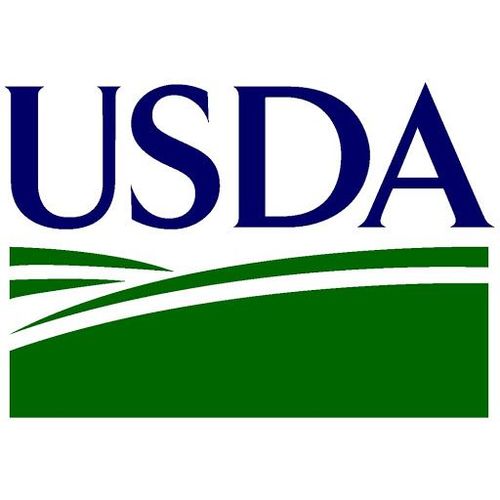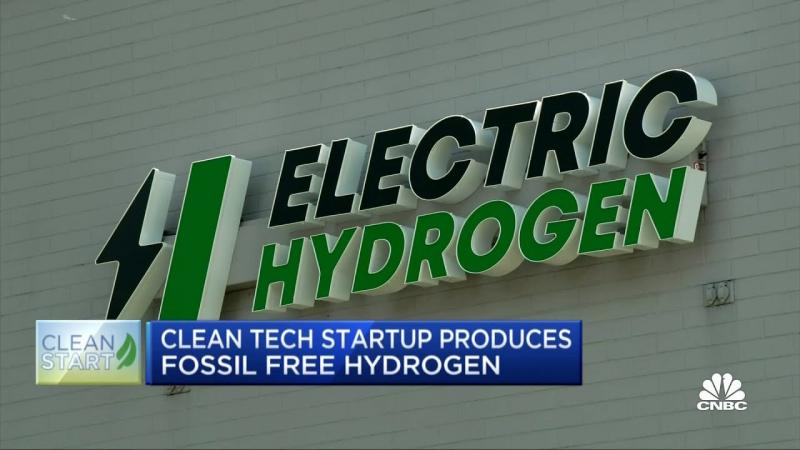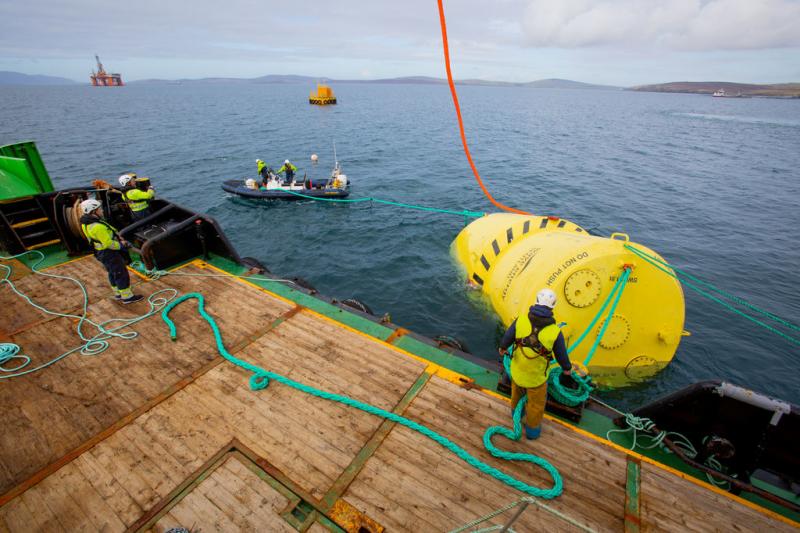
The USDA on Nov. 1 awarded $145 million in loans and grants to 700 projects under the agency’s Rural Energy for America Program. Several biogas and bioenergy projects are among those selected for REAP awards.
In California, 3Machado Diary Biogas LLC was awarded a $1 million grant, T&C Louters Dairy Biogas LLC was awarded a $850,000 grant, and Couco Creek Dairy Biogas LLC was awarded a $ 1 million grant. Funding awarded to all three companies will help offset the costs associated with proposed dairy digester projects that aim to build anaerobic covered lagoon digesters to capture biogas emissions, condition the captured gas to renewable biomethane, and then inject the product biomethane into the utility pipeline for delivery to CNG stations within the state for use as carbon-negative transportation fuel.
Jeffco Biogas LLC, located in Florida, was awarded a $1 million grant to help cover legal fees, architectural and engineering fees, purchase equipment and construct an anaerobic digesters. The newly created company aims to utilize cow manure to create biomethane in an anaerobic covered lagoon. According to USDA, the project is expected to generate 33,3643 MMBTUs per year of renewable biomethane.
Westbrook Biogas LLC and Southbrook Biogas LLC, both based in Brooks County, Georgia, were each awarded a $1 million grant to support the construction of dairy waste/manure renewable natural gas (RNG) projects. Westbrook Biogas is expected to generate 25,744 million British thermal units (MMBTU), or 7,545 megawatt hours (MWh), of a renewable biomethane gas per year, which is enough energy to power 698 homes. Southbrook Biogas is expected to produce 63,630 MMBTU, or 18,649 MWh, of a renewable biomethane gas per year, which is enough energy to power 1,726 homes.
Also in Georgia, Brooksco Biogas LLC was awarded a $1 million grant to construct a dairy waste/manure RNG project that will produce 55,046 MMBTU, or 6,133 megawatts MWH, of a renewable biomethane gas per year, which is enough electricity to power 1,493 homes.
In Michigan, Bioworks Energy Partners LLC, a newly created biomass electric power generation company, was awarded $234,815 to purchase and install combined-heat-and-power (CHP) units, food waste holding tanks and handling equipment at an existing anaerobic digester located at a municipal waste facility. The USDA said the project is expected to realize $168,560 per year in income and will generate 2.45 million kWh per year, which is enough energy to power 226 homes. Project payback is four years.
La Grange, North Carolina-based Carolina Poultry Power RG 3 was awarded a $1 million grant to support the purchase and installation of a poultry liter waste-to-energy biomass facility. The company is a newly created entity for the purposes of generating steam for electricity generation. The system is estimated to produce 188.59 million kWh per year, which is enough electricity to power 17,145 homes.
Route 86 Biogas - Grand View LLC, a newly formed entity for the purpose of capturing, conditioning and selling biomethane, was awarded a $1 million grant to support the purchase and installation of a covered lagoon dairy digester near Plainview, Texas. The system is expected to produce enough energy to power 2,444 homes.
Similarly, Route 86 Biogas - High Plains LLC, a separate newly formed entity for the purpose of capturing, conditioning and selling biomethane, was also awarded a $1 million grant to help purchase and install a covered lagoon dairy digester near Plainview, Texas. That system is expected to also produce enough energy to power 2,444 homes.
Central Texas Biogas LLC was awarded a $1 million grant to purchase and install a covered lagoon dairy digester near Gustine, Texas. The company is a new entity formed for the purpose of capturing, conditioning and selling biomethane. The USDA said the project is expected to produce enough energy to power 2,084 homes.
In Vermont, Kerwin Hill Farm LLC was awarded a $249,686 grant to install a combined biomass and photovoltaic (PV) energy system to generate energy, primarily for vegetable greenhouses at Sweetland Farm in Norwich. The farm operation includes a 350-member vegetable CSA, year-round farm store, pork, chicken, turkey, and beef livestock operations, an heirloom fruit orchard, and a 12,000 bale a year square bale hay operation. The system will consist of a 1.3 MMBTU wood chip biomass boiler, which can be run on green biomass chips that are locally and sustainably sourced, and a 45.6 kilowatt (kW) PV system, which will provide for dehumidification, lighting, and ventilation of the greenhouses, as well as unmet farmstead refrigeration electric needs. The biomass boiler system will be installed in a purpose-built structure near the greenhouse, and the solar array will be roof-mounted on a barn.
Viresco Ad LLC, a Turtle Lake, Wisconsin-based anaerobic digester facility that creates renewable electricity from biogas, was awarded a $326,286 grant to support the replacement of aging and failed equipment. The investment will allow the facility to resume operations. Renewable electricity sold at the facility is currently sold to Northern States Power/Xcel. The USDA said the updated facility will generate 10.69 million kWh per year, which is enough energy to power 986 homes.
Pinnacle Biogas LLC, located in Brodhead, Wisconsin, was awarded a $1 million grant to support the construction of an anaerobic digester that will produce, condition and supply clean natural gas for fueling carbon-negative automobiles. The project is expected to generate 25.16 million kWh per year, which is enough energy to power 2,321 homes.
Also in Wisconsin, Rock Prairie Biogas LLC was awarded a $1 million grant to support the construction of a anaerobic digestion system that will produce, condition and supply clean natural gas for fueling carbon-negative automobiles. Once operational, the facility is expected to generate 24.56 million kWh per year, which is enough energy to power 2,266 homes.







